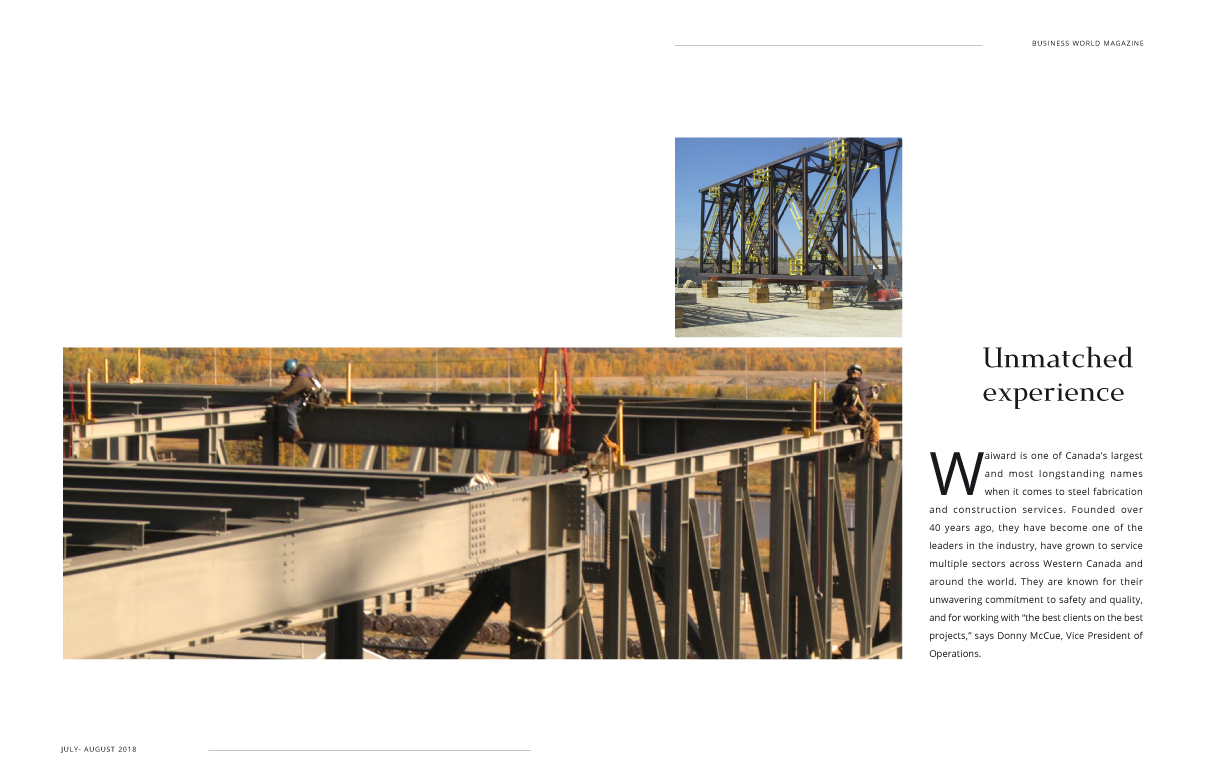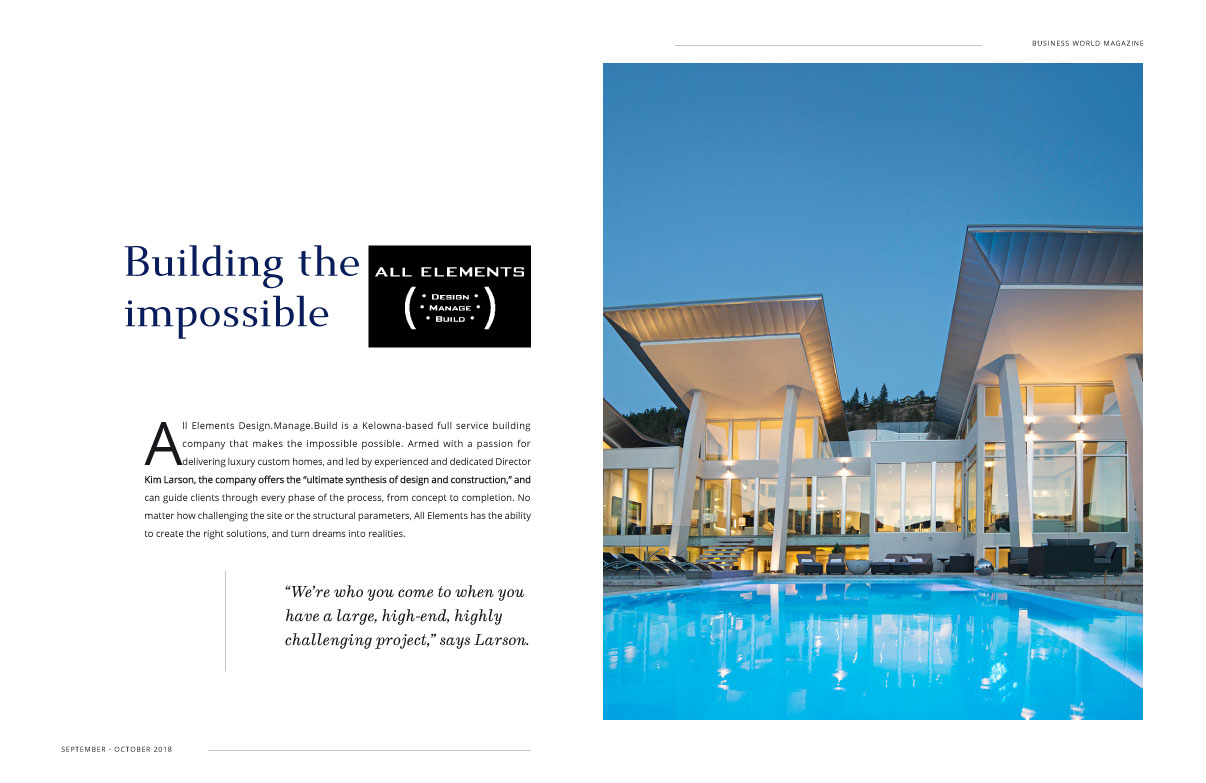
AAP
Often criticised for not fronting up to the public, Australia’s bank bosses have been almost inescapable in one of the industry’s biggest weeks in recent memory.
Bashed by Canberra, the media and their customers, senior executives of the big four banks got a chance to retaliate.
Three of the four chief executives – NAB’s Cameron Clyne, Commonwealth’s Ralph Norris and ANZ’s Mike Smith – fronted a Senate committee inquiry into banking competition.
In the same week, Westpac, NAB and ANZ held their annual general meetings.
The glut of public appearances by bank executives followed the release on Sunday of Treasurer Wayne Swan’s long-awaited proposed reforms for the sector.
The proposals aim to strengthen smaller lenders, credit unions and building societies in order to compete with a big four repeatedly labelled greedy.
The scene was set for a fiery exchange, but it didn’t eventuate. Not as many would have thought, anyway.
Messrs Clyne, Norris and Smith took a measured approach in their appearances before the Senate committee.
They broadly welcomed the treasurer’s reforms, and spoke clearly and simply about their rising funding costs and fierce competition for deposits.
Mr Norris described the government’s reforms as “well considered”, while Mr Clyne said his bank was already complying with most of the proposals.
Mr Smith described competition among the big four as “quite brutal”, and even Reserve Bank governor Glenn Stevens told the inquiry the financial industry is more competitive than it was in the mid-1990s, with borrowers now able to chose from a larger range of products.
Westpac, which will appear before the Senate inquiry in the new year, took a similar approach when its shareholders sought a response at its AGM.
“I believe, as these things go, that was a good package,” Westpac chairman Ted Evans said.
“Of course we don’t like all of it, but some elements are very good for the industry.”
By the end of the week, there appeared to be a clear consensus – the big four banks have nothing to worry about.
Despite the treasurer’s strong public stance, analysts, investors, and even some of the smaller industry players have said the big banks may be the winners out of it all.
“Elements of the reform will actually be welcomed by the big four,” Fat Prophets analyst Colin Whitehead said.
“The broader attempts to level the playing field for the smaller lenders are unlikely to cause much of a shift at all.”
Some of the reforms – such as the introduction of covered bonds, another contribution to the mortgage-backed securities market and making the deposit guarantee permanent – are seen as positives for smaller financial institutions.
But they will also benefit the majors.
“The package contained plenty of headline claims and proposed initiatives,” Commonwealth Bank analysts said in their research.
“Yet we do not believe the overall impact will be that material in terms of competitive pressure for the majors, with the proposal excluding some of the more significant potential reforms.”
The abolition of mortgage exit fees is another move predicted to prove more of a problem for smaller institutions.
ANZ and NAB have already scrapped them, and smaller players often carry the highest exit fees across the industry.
Southern Cross Equities’ head of dealing, Charlie Aitken, says the reforms will improve the investment case for the big four banks.
He says the proposals are akin to “slapping them over the wrist with an under-sized fish”.
“The failure of the treasurer to level the cost of the government guarantee on wholesale funding has further enhanced the competitive position of the big four banks,” he said.
Investors agreed, with three of the big four posting share price gains this week, while the regionals fell.
Westpac was the best performer, adding 2.88 per cent in value for the week to noon on Friday.
Commonwealth added 0.89 per cent and NAB 0.62 per cent, while ANZ lost 0.55 per cent in value.
Bank Of Queensland (BOQ) had 6.33 per cent of value cut from its share price, and Bendigo and Adelaide Bank dropped 2.24 per cent.
The reaction to the reforms from the smaller banks may have added to the negative investor sentiment.
BOQ chief executive David Liddy said the measures would put the cause for a fifth pillar in the banking sector back 15 years.
Bendigo and Adelaide’s managing director Mike Hirst warned a focus on the price of mortgages, exit fees and other products would only lessen competition.
Another of the industry’s smaller players, Aussie Home Loans executive chairman John Symond, sparked the week’s major contest when his displeasure with the bank reforms.
“To suggest the mutuals can become the fifth force in banking, quite frankly, is a joke,” Mr Symond told the Senate committee.
The $4 billion government pledge to buy more residential mortgage-backed securities, in addition to the $16 billion spent since 2008, is “chicken feed”, My Symond said.
That earned a stiff rebuke from Mr Swan, who highlighted Commonwealth Bank’s interest in Aussie Home Loans.
“Mr Symond has clearly joined up with the biggest bank in the country. He’s not clearly a smaller lender and he’s not out there putting the case for the battler,” the treasurer said.
Then on Thursday, NAB chairman Michael Chaney launched one of the most spirited defences yet, calling bank bashing “unjustified and unfair”.
“The fact is that the fundamental premise upon which bank bashing is based – that Australia’s banking sector is insufficiently competitive, and that it is less competitive than before the GFC – is false,” Mr Chaney said.
But by then, after days of talk and explanation, the heat had left the debate.
His comments would have once caused a storm, but instead rated barely a mention.
What could have been a tough week for the big banks turned out to be almost the opposite.
Time will tell whether the good times last.
Source: www.businesspectator.com.au







